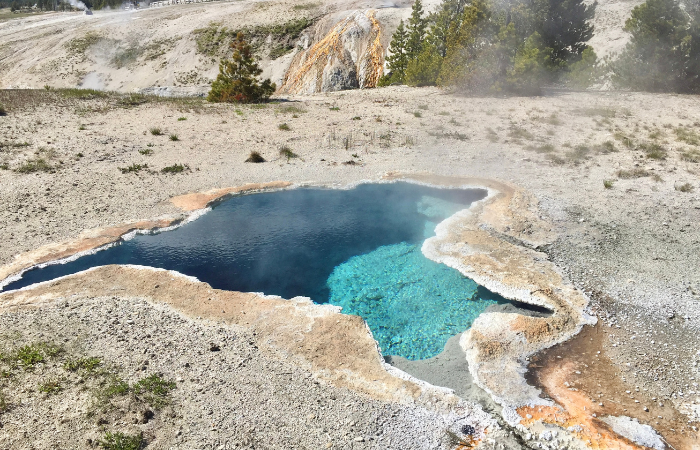Do You Know Exactly where You’re Heading in Japan?

Let’s say you might be in Japan and want to take a bus to Tokyo station. Do you know what to talk to? What about if you’re arranging a tour of Japan? Will you be ready to talk to exactly where the tour is likely and when it is leaving? These naturally very vital queries will be a big part of your Japanese encounter. This Newbie Japanese write-up introduces indispensable ideas these kinds of as how to inquire about a location. If you might have to have to talk to exactly where a bus is heading in Japanese, this report is for you. Save time and get pleasure from Japan a full large amount additional by looking through this Japanese report. In addition, study a myriad of vocabulary text, and relaxed and polite phrases.
Vocabulary: In this write-up, you will study the pursuing terms and phrases:
Fuji-san – “Mt. Fuji”
kirei (na) – “beautiful” (-na ending adjective)
watashi-tachi – “we, us”
ikimasu – “to go” (masu type)
densha – “educate”
kyoo – “currently, this working day”
Grammar: In this report, you can expect to master the pursuing phrases and phrases:
Useful Vocabulary and Phrases:
—————————————————————-
kyoo “right now”
—————————————————————-
We can read through the Kanji for kyoo in two ways: kyoo and konnichi. We use kyoo most frequently in day by day conversations. Be sure to evaluate the definitions down below.
- kinoo – “yesterday”
- kyoo – “these days”
- ashita – “tomorrow”
*Kinoo, ashita, and kyoo have irregular readings. We call this jukujikun or “idiomatic examining.” It suggests that the Kanji we use in jukujikun were being picked out based mostly on the which means of the people, not the Chinese readings of person figures.
—————————————————————-
watashi-tachi “we, us”
—————————————————————-
Tachi is a suffix that we connect to individual pronouns or human right nouns that will make the previous noun plural.
Singular (“English”) / Plural (“English”)
watashi (“I”) / watashi-tachi ( “we”)
anata (“you”) (singular) / anata-tachi (“you”) (plural)
kodomo (“child, child”) / kodomo-tachi (“small children”)
—————————————————————-
Present day Goal Phrase
Kyoo watashi-tachi wa Fuji-san e ikimasu ka.
Are we likely to Mt. Fuji today?
—————————————————————-
Be sure to, review the next definitions:
- kyoo “today”
- watashi-tachi “we”
- wa “subject marker”
- Fuji-san “Mt. Fuji”
- e “particle marker”
- ikimasu “to go” (masu sort)
The particle e marks the position or goal in the direction of which the action moves alongside with the particle ni. Observe that we pronounce the particle e as [e], not he.
—————————————————————-
Sentence Designs
—————————————————————-
Affirmative Sentences: See Japanese Newbie Short article, Let us Discuss Tickets: Receiving Around in Japan, for a lot more aspects.
- Subject / wa / Spot or Route / ni or e / ikimasu. Watashi-tachi / wa / Fuji-san / ni / ikimasu. Kono basu / wa / Tookyoo-eki / e / ikimasu.
Uncomplicated Query Sentences: The sentence-ending particle ka can make the sentence a question.
- Subject / wa / Location or Way / ni or e / ikimasu / ka. Watashitachi / wa / Fuji-san / ni / ikimasu / ka. Kono basu / wa / Tookyoo-eki / e / ikimasu / ka. Kono densha / wa / Nagano-eki / ni / ikimasu / ka.
Unfavorable Sentences: You can get the destructive form of a verb’s masu variety by only dropping masu and including masen. See the examples under:
- “English” / masu kind of the verb / polite unfavorable “to have an understanding of” / wakarimasu / wakarimasen “to go” / ikimasu / ikimasen “to occur” / kimasu / kimasen “to return” / kaerimasu / kaerimasen
- Subject / wa / Area or Route / ni / ikimasen. Watashitachi / wa / Fuji-san / ni / ikimasen. Kono basu / wa / Tookyoo-eki / ni / ikimasen. Kono densha / wa / Nagano-eki / ni / ikimasen
Interrogative Question Sentences: As you can see previously mentioned, the sentence, watashitachi wa Fuji-san ni ikimasu ka, usually means “are we going to Mt. Fuji?” When you want to say, “wherever are we going,” set doko (“where”) into the part for “location” for the genuine spot.
- Issue / wa / doko (“where”) / ni or e / ikimasu / ka. Watashitachi / wa / doko / ni / ikimasu / ka. Kono basu / wa / doko / e / ikimasu / ka. Kono densha / wa / doko / ni / ikimasu / ka.
—————————————————————-
Additional Illustrations
—————————————————————-
- Sumimasen. Kono basu wa Tookyoo-eki ni ikimasu ka. “Justification me. Does this bus go to Tokyo station?”
- Iie, ikimasen. “No, it will not.”
- Sumimasen. Kore wa Narita e ikimasu ka. “Excuse me. Does this go to Narita?”
- Hai, ikimasu. “Of course, it does.”







